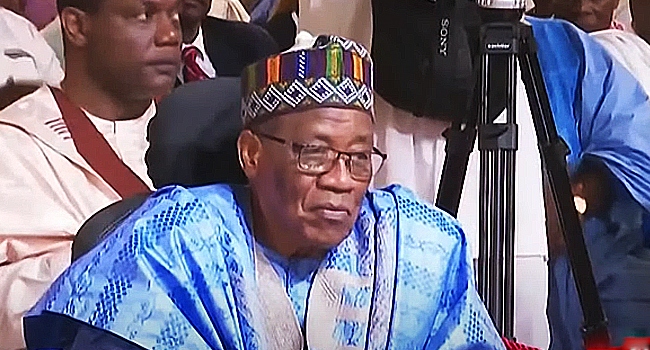
Former military president Ibrahim Badamasi Babangida (IBB) has defended the annulment of the June 12, 1993, presidential election, saying it was done in “extreme national interest” to ensure Nigeria’s survival.
Speaking in Abuja on Thursday, February 20, 2025, at the launch of his autobiography, A Journey in Service, Babangida accepted full responsibility for the decision, acknowledging the mistakes and oversights that led to the controversial move.
“As the leader of the military administration, I accept full responsibility for all decisions taken by me. And June 12 happened under my watch… In all matters, we acted in extreme national interest so that Nigeria could survive.”
IBB admitted that the annulment derailed Nigeria’s march to democracy, a fact he said he deeply regretted. However, he noted that Nigeria survived and remains committed to democratic governance.
The June 12 election, widely considered Nigeria’s fairest and most credible, was believed to have been won by Moshood Kashimawo Olawale (MKO) Abiola of the Social Democratic Party (SDP). However, the results were never officially declared, and Babangida’s government annulled the election, plunging the country into a political crisis.
In a significant shift, Babangida’s book includes a detailed election result appendix, confirming that Abiola won the election. This contradicts past claims, including those from former Vice President Yemi Osinbajo, who once suggested Abiola’s victory was uncertain.
“Upon further reflection, and a closer examination of all available facts, there was no doubt that MKO Abiola won the June 12 elections.”
The annulment of the election led to protests, crackdowns, and Abiola’s eventual arrest. He died in detention in 1998 under mysterious circumstances. In 2018, former President Muhammadu Buhari recognized June 12 as Nigeria’s Democracy Day, posthumously honoring Abiola.






